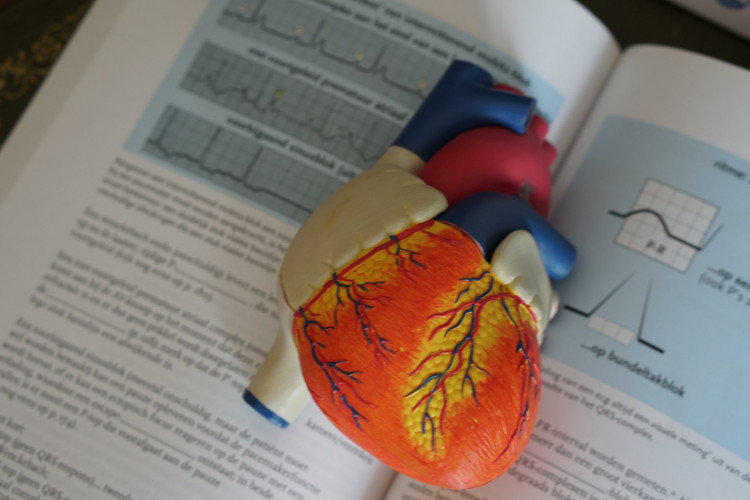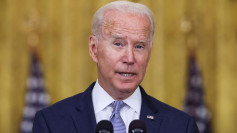The first person to receive a heart transplant from a pig has died, the Maryland hospital that performed the surgery announced Wednesday, two months after the pioneering procedure.
David Bennett, 57, died Tuesday at the University of Maryland Medical Center. Doctors did not specify the cause of death, just stating that his condition had been deteriorating for several days.
Bennett's son expressed gratitude to the hospital for offering the last-ditch experiment, noting that the family hoped it would aid future efforts to alleviate the organ shortage.
"We are grateful for every innovative moment, every crazy dream, every sleepless night that went into this historic effort," David Bennett Jr. said in a statement released by the University of Maryland School of Medicine. "We hope this story can be the beginning of hope and not the end."
For decades, doctors have hoped to one day use animal organs for life-saving transplants. Bennett, a handyman from Hagerstown, Maryland, was chosen for this latest try because he was ineligible for a human heart transplant, was bedridden and on life support, and had exhausted all other options.
Bennett's son told The Associated Press after the Jan. 7 operation that his father acknowledged there was no guarantee it would work.
Prior attempts at similar transplants, known as xenotransplantation, have mainly failed due to patients' bodies immediately rejecting the animal organ. The Maryland surgeons used a heart from a gene-edited pig this time: scientists had engineered the animal to eliminate pig genes that cause hyper-fast rejection and replace them with human genes that assist the body to accept the organ.
The pig heart was initially functional, and the Maryland hospital sent periodic reports indicating that Bennett was steadily recovering. Last month, the hospital posted a video of him watching the Super Bowl while working with his physical therapist from his hospital bed.
Bennett lived far longer with the gene-edited pig heart than Baby Fae, a dying California newborn who lived 21 days with a baboon's heart in 1984, one of the last breakthroughs in xenotransplantation.
"We are devastated by the loss of Mr. Bennett. He proved to be a brave and noble patient who fought all the way to the end," Dr. Bartley Griffith, who performed the surgery at the Baltimore hospital, said in a statement.
The remarkable Maryland experiment was authorized by the Food and Drug Administration under "compassionate use" restrictions for emergency situations. Bennett's doctors indicated he had heart problems and an erratic heartbeat, as well as a history of disregarding medical orders. He was ruled ineligible for a human heart transplant, which involves rigorous adherence to immune-suppressing medications, or the only remaining option, an implanted heart pump.
The cause of Bennett's death was not revealed by doctors. Transplant recipients face risks including rejection, infection, and other problems.






